What is q-edu-lab.com?
The mission of q-edu-lab.com is to promote and accelerate the education and commercialization of quantum information technology as a practical software-development discipline, and furthermore to raise awareness of this emerging technology in the wider society via outreach activities, all around the world.
About your instructor

I’m Tamás Varga, the founder of q-edu-lab.com. I’m glad to offer training courses to IT professionals and students with programming skills/experience who are curious to know more about quantum computers. In addition, I also conduct outreach activities for people with a non-technical background interested in quantum technologies.
I’ve got fascinated by quantum information science because it lies at the intersection of those fields that had always interested me most: physics, mathematics, and computer science. (In addition, you can also do a great deal of philosophy if you have an inclination for it.)
However, I realized quickly that learning quantum information science is not easy at all for IT people like myself. Firstly, although acquaintance with quantum physics isn’t strictly necessary to program a quantum computer, it turns out to be definitely helpful when it comes to simulating quantum systems like atoms and molecules, which is expected to be one of the first and most important ‘killer apps’ of this technology.
Secondly, even if you don’t have to deal with quantum-physical simulations, the mathematics involved still feels overwhelming. The whole topic resembles a mere branch of linear algebra (over the complex numbers, to top it off) rather than anything about programming. While that is surely fine for doing theoretical research, I believe that quantum computers are eventually about programming, and programmers.
The technical courses I teach focus on practical aspects of quantum computers. Everything is explained with an audience of programmers in mind. You don’t need a PhD in quantum physics to be able to follow the explanations. As for my non-technical outreach events, they are based on quantum games playable even by children.
I’m convinced that the quantum industry can capitalize on the vast experience that generations of programmers have gained over the past decades, as well as on the fresh, out-of-the-box application ideas that such a community is likely to come up with. This is where I’d like to contribute to make it happen and see this new exciting technology unfold, faster than expected, in the coming years.
My certificates:

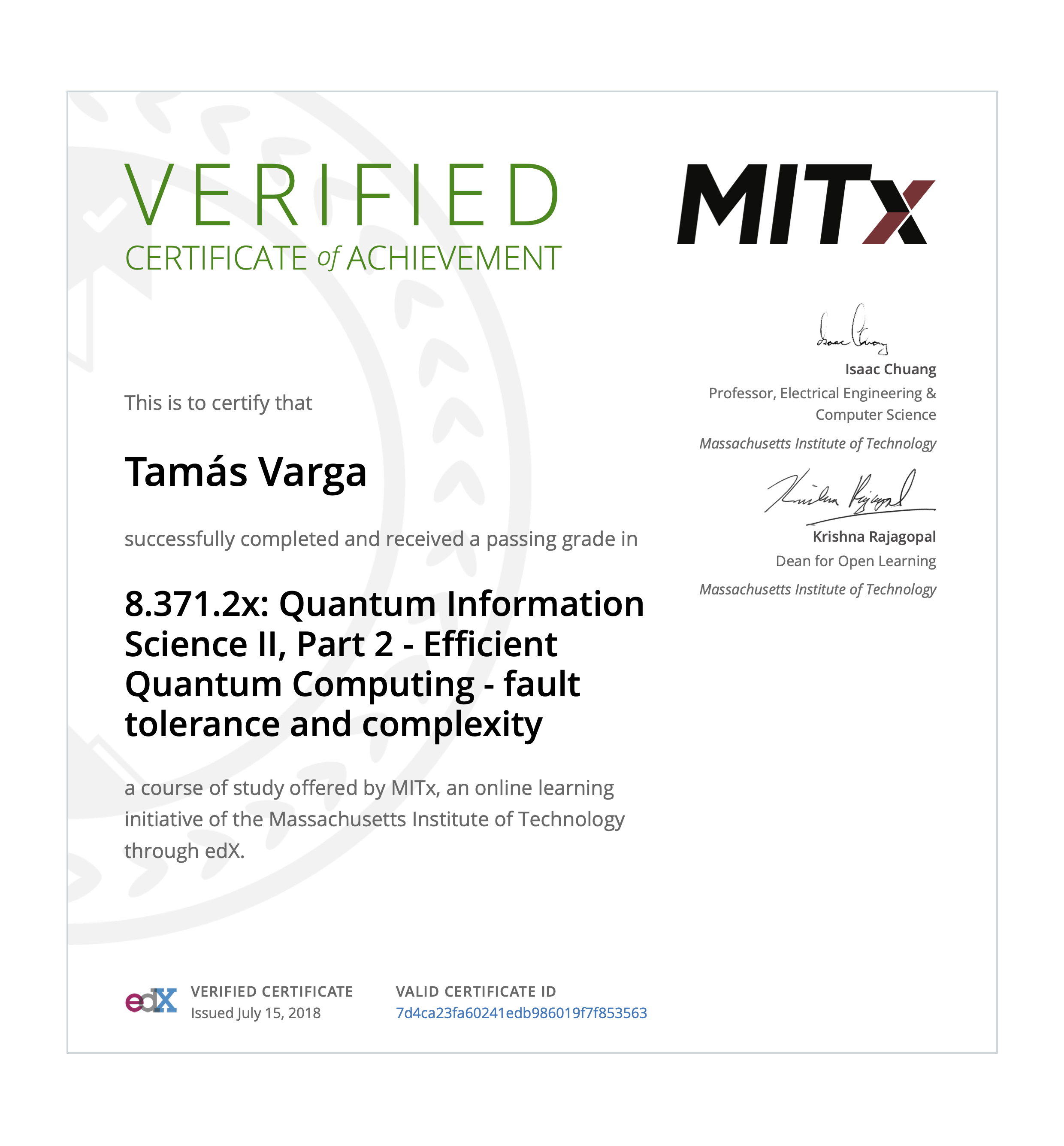
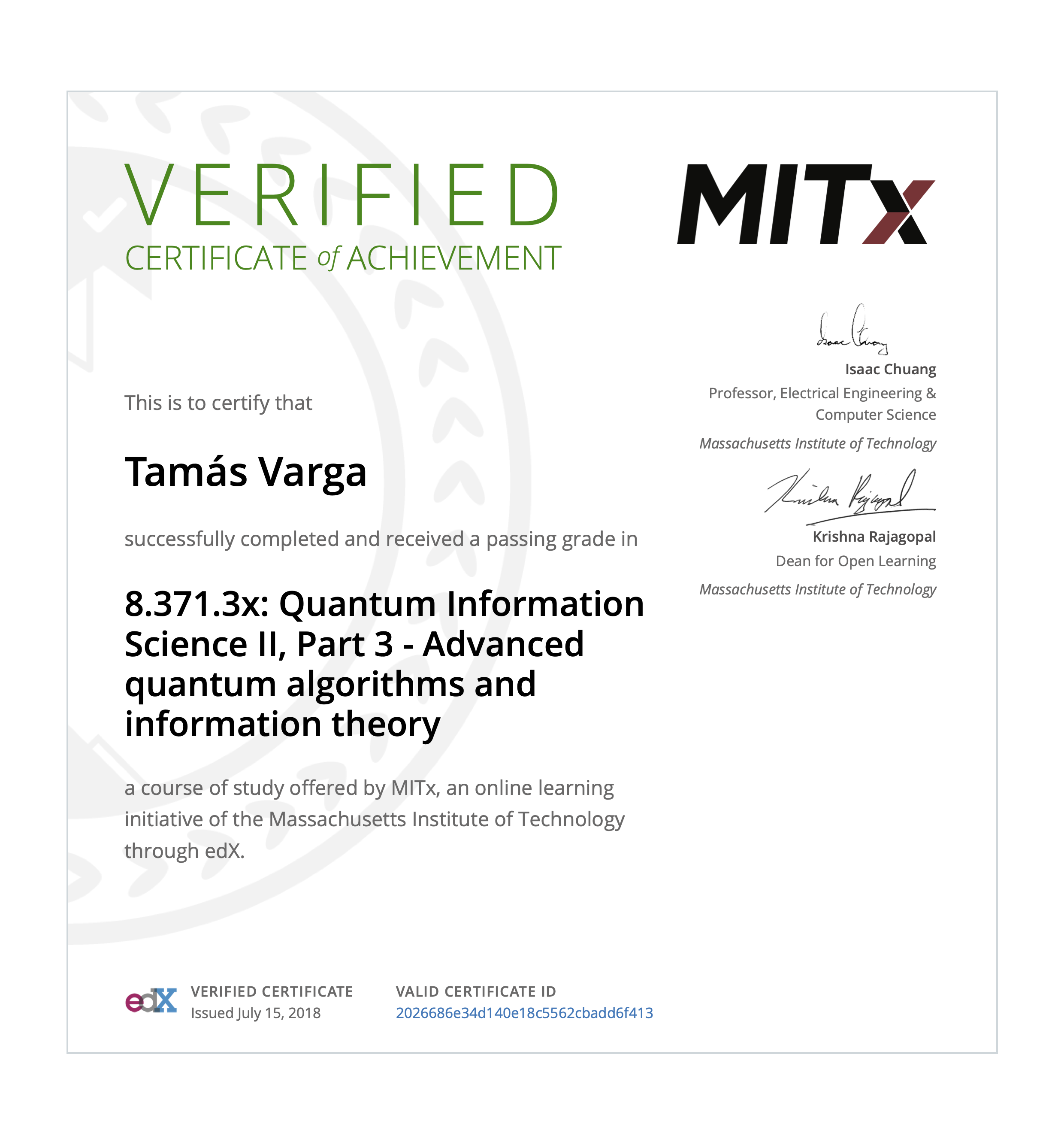
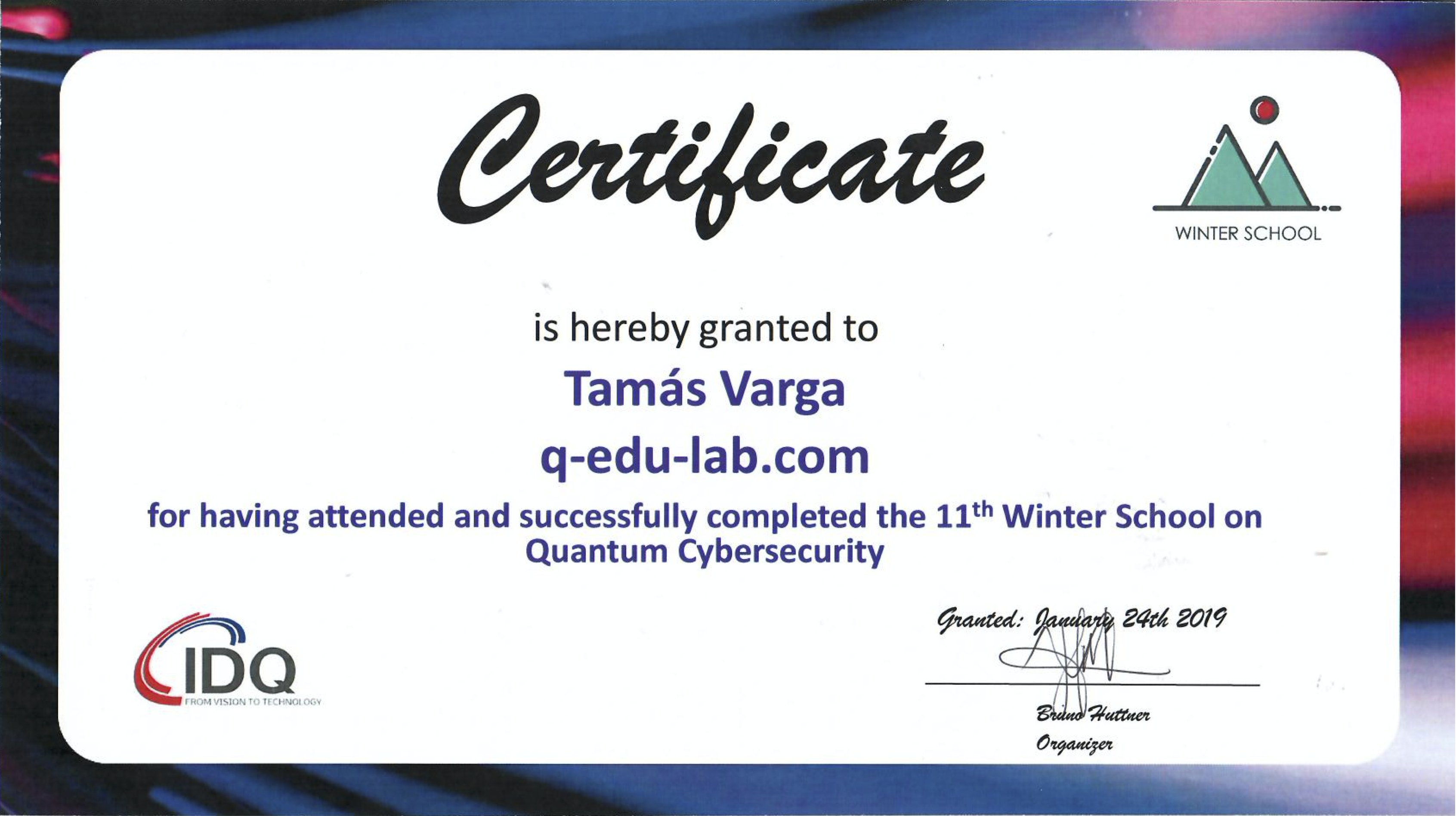
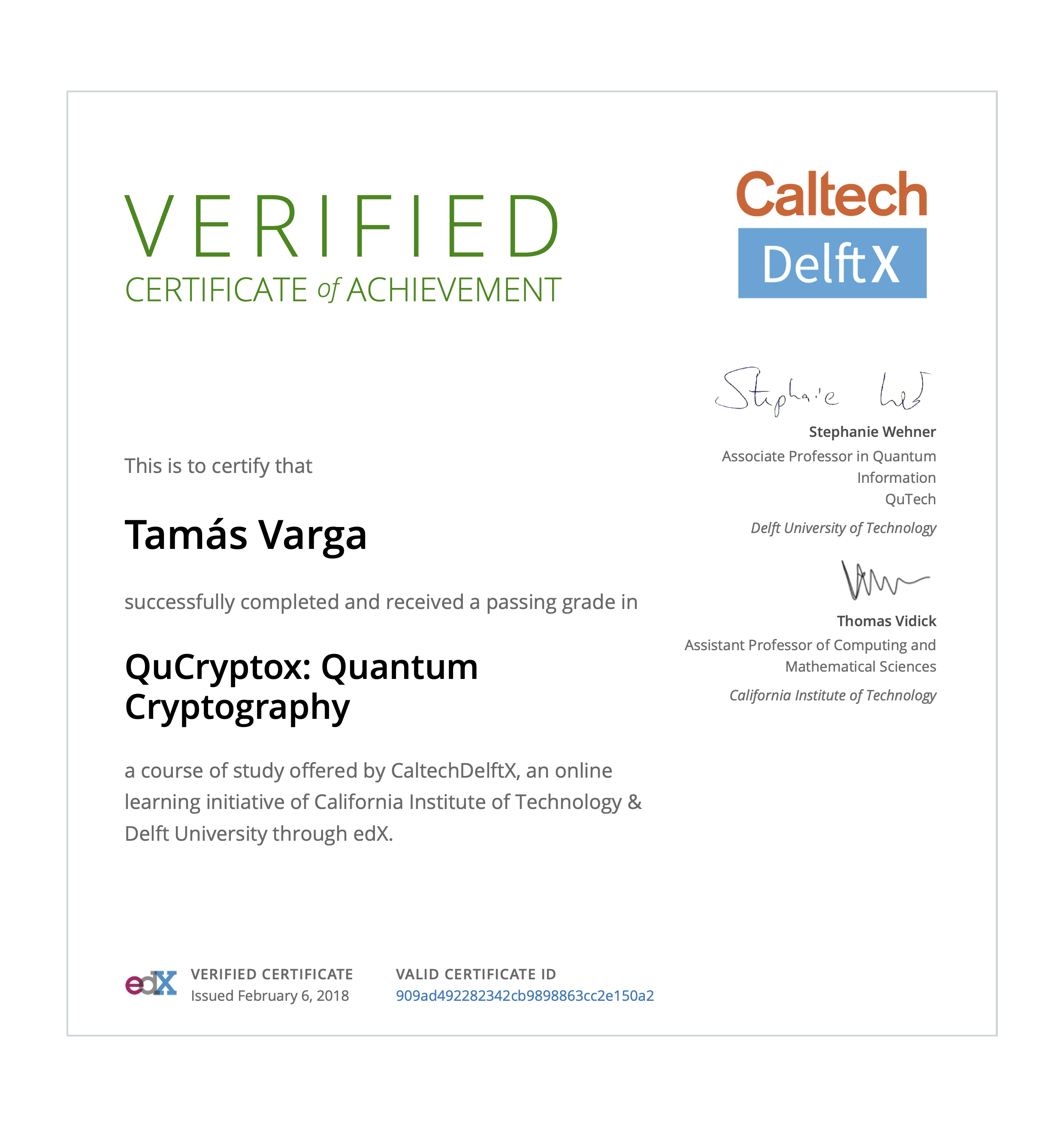

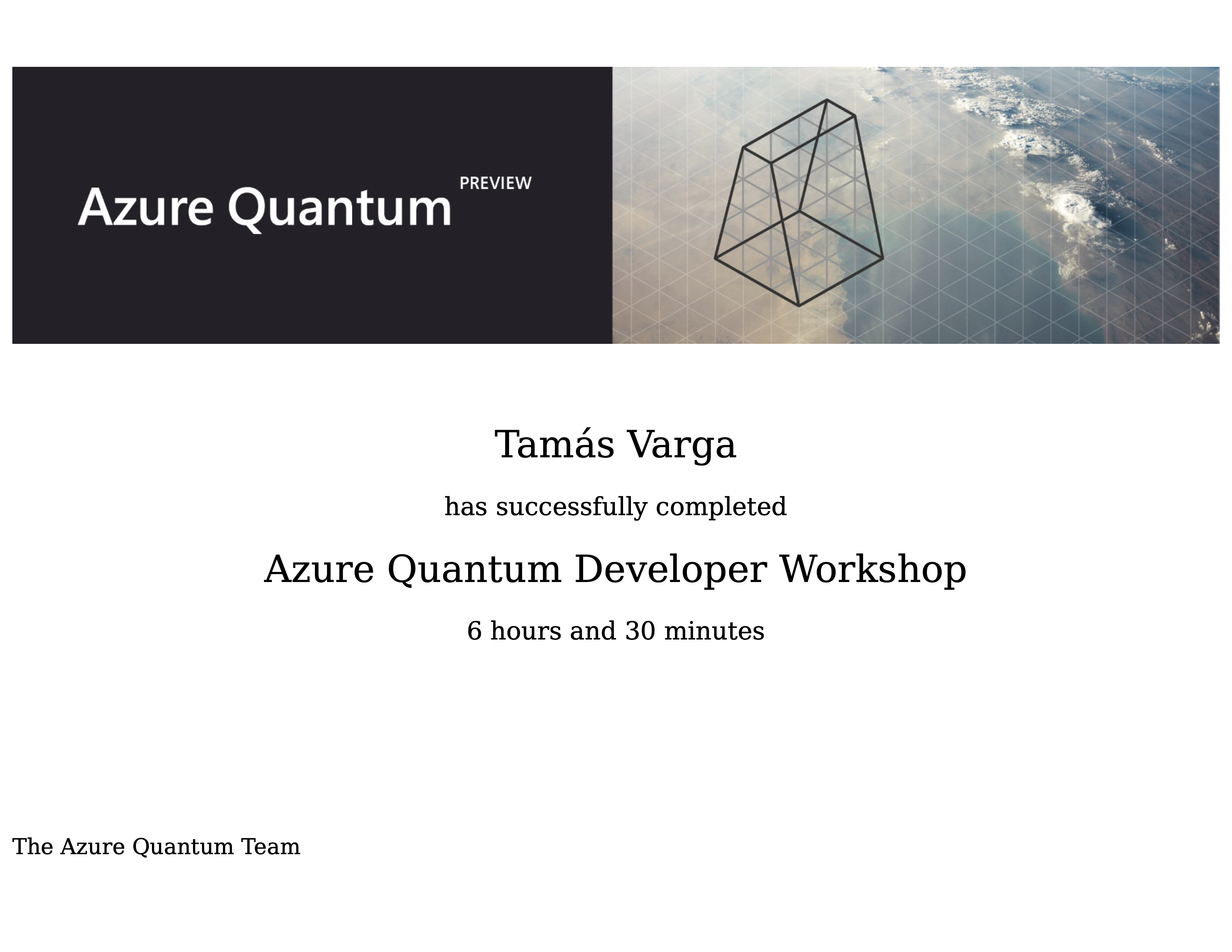
My papers:
Quantum types: going beyond qubits and quantum gates (Q-SE 2024)
Niel’s Chess: A Quantum Game for Schools and the General Public (preprint, including a pilot with children)
Niel’s Chess – The Battle of the Quantum Age (accompanied by Niel’s Chess – Rules for Xiangqi)
The Quantum-House Effect: Filling the Gap Between Classicality and Quantum Discord (full paper, for undergraduate readers)
The Quantum-House Effect and Its Demonstration on SpinQ Gemini (shortened in scope, but pedagogically complete; appeared in Resonance – Journal of Science Education)
Media appearances:
Quantencomputer gibt’s nur in Labors? Von wegen – ein chinesisches Startup verkauft Desktop-Modelle (Neue Zürcher Zeitung)

